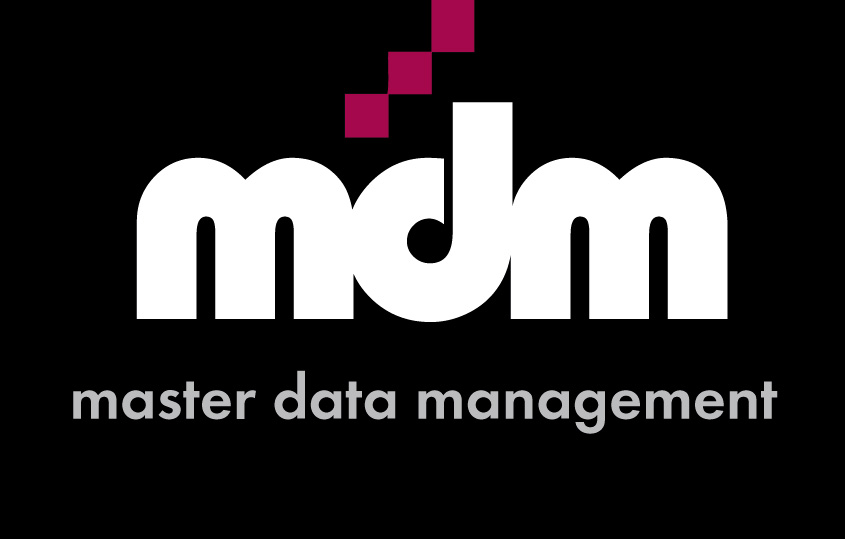Enhance your customer data quality with our Name and Address Matching and Enrichment solutions. Learn how our expertise in Name and Address Matching and Enrichment can optimize your data accuracy, completeness, and relevance, empowering your business with valuable insights.

Introduction
Address data quality in South Africa can be a complex issue, as illustrated by a recent decision from the South African high court that compelled the City of Tshwane to reinstate old street names controversially changed in 2012. Dealing with name and address data in the country requires careful consideration and management to ensure validity and consistency. This guide explores the challenges and solutions for achieving data integrity in South African address information.
Historical Changes and Complexities
Over the past two decades, South Africa has witnessed numerous changes in place names and geographical divisions. These changes are often made to address historical imbalances and to reflect the country’s dynamic nature. For instance, the transition from 4 provinces and 10 nominally self-governing homelands to 11 provinces has brought about various administrative adjustments. Similarly, city and town names have undergone transformations, and new suburbs have emerged.
The Complexity of Name Changes
20 odd years ago the marketing department of my then employer engaged in a competition to change the names of the meeting rooms inside our building – from bird names to various other options.
To the marketing manager’s great disappointment, the option that won was to keep the names the same. Otherwise, we would spend three years saying – the meeting is in Marula (the one that used to be Bluebird)
Of course, the history of our country means that decisions have to be made to correct historical imbalances, and in some cases, name changes are seen as a means to achieve that.
Of course, name changes aren’t a new phenomenon.
We take a trip down to Durban, for our summer break, not to Port Natal.
The Pretoria military base, Thaba Tshwane got its new name in 1998 after being known for many years as Voortrekkerhoogte. How many remember that Voortrekkerhoogte only came into being in 1939. The base was originally named Robert Heights after British Boer War commander, Lord Roberts.
Over time, older names will fade out of use.
But in the short term, like our meeting rooms, both old and new names will continue to be used for some time.
Managing Name Changes and Variations
From a data quality perspective, addressing the complexities of name changes and variations becomes essential. Besides official name changes, many locations in South Africa have legitimate representations in multiple languages, adding to the challenge. For example, Cape Town is also known as Kaapstad, and Aliwal Noord, Somerset West, Bezuidenhoutsvallei, and Magaliesig have dual-language representations. I could come up with many more examples as I am sure could you.
To maintain data integrity, it is crucial to cater to all name variations and implement translations where possible to standardize on a particular format. This applies not only to place names but also to street names and addresses.
Address Data Quality Solutions
Last year I asked Is quality address data still relevant? It is!
I followed this up with 7 business drivers for Quality address data
To ensure quality address data in South Africa, investing in appropriate tools and technologies is vital. One such solution is our rules engine that can handle large datasets and apply standardization rules effectively.
We have invested heavily in ensuring that we can manage the complexities of South African address data.
This post just scratches the surface.
For instance, a project that involved processing over 100 million South African name and address data records revealed more than 600 spelling variations for East London. Enhancing the rules engine to correct common misspellings and aligning with authoritative sources, such as the South African Post Office PAMMS, can significantly improve data accuracy.
This means that Aest London, for example, will be corrected to East London, but that we retain the original value Oos Londen, which is valid, and add the alternate, East London, which can be used for geocoding or matching.
Implementing a geocoding system is another valuable approach to enhance address data quality. Geocoding allows accurate mapping of addresses, enabling better spatial analysis and location intelligence.
Discover how to elevate the accuracy of your address data using geocoding techniques. Our guide on How to Improve Address Data Accuracy with Geocoding provides practical tips and strategies to leverage geocoding technology effectively for enhanced data precision and improved decision-making
Conclusion
Address data quality is a critical aspect of managing enterprise information assets in South Africa. Embracing the complexity and investing in robust solutions like rules engines and geocoding systems can unlock the true value of address data and improve decision-making processes.
By maintaining accurate, standardized, and up-to-date address information, organizations can enhance customer experiences, comply with regulatory requirements, and drive overall business success.
If you’re facing address data quality challenges in your organization, contact us for a Proof of Concept and see how we can help you overcome these obstacles.
Uncover the competitive advantages of geocoding technology for your business. Explore how geocoding provides a competitive edge in our insightful article on how geocoding provides a competitive edge, empowering you to make data-driven decisions, enhance customer experiences, and stay ahead in your industry.
Image sourced from thenewage.com

Leave a comment